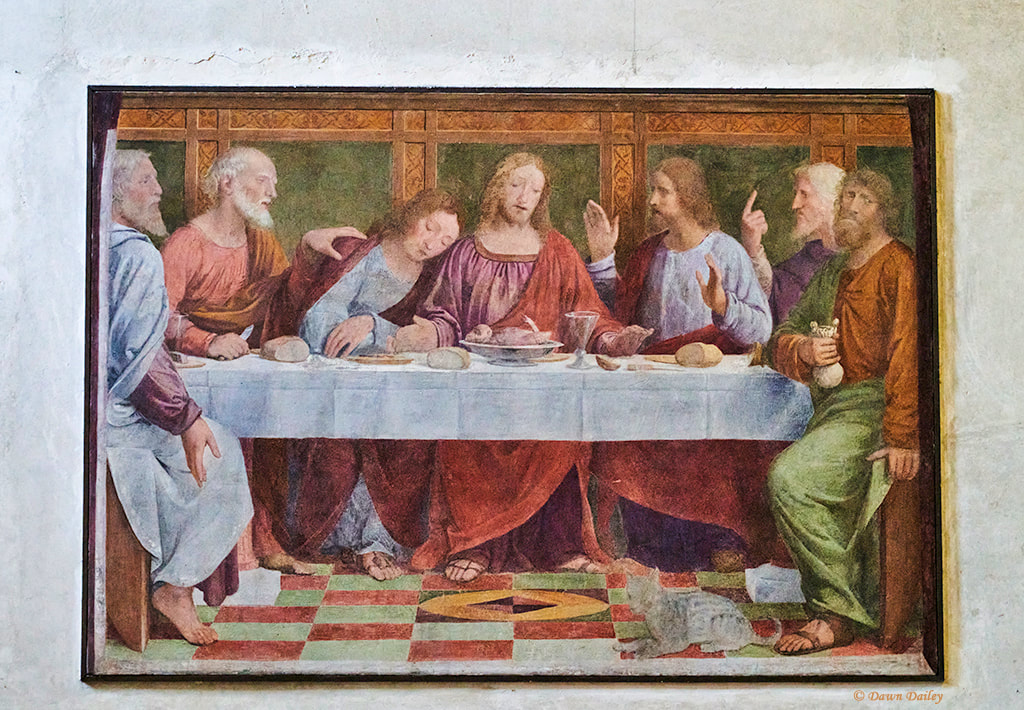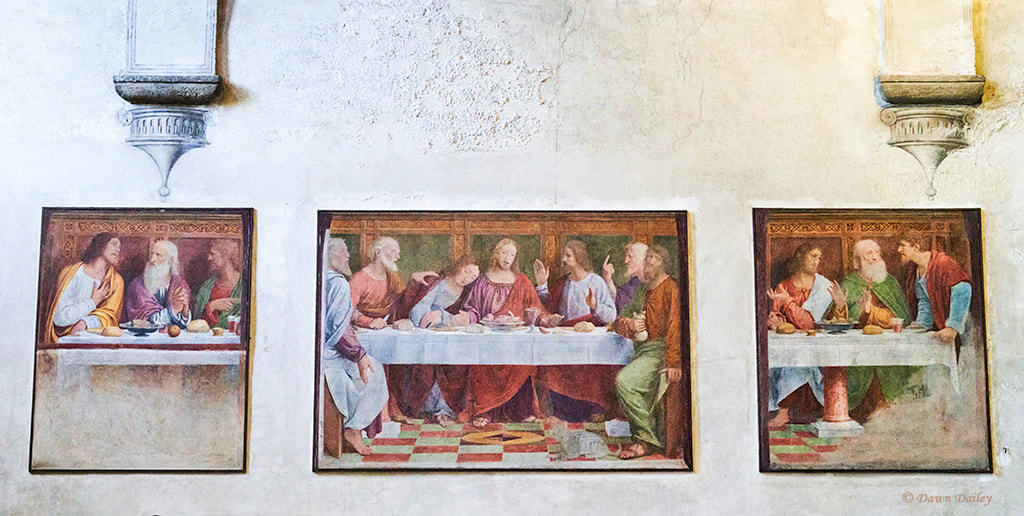In a lowly trough as an outcast in a town that refuses to offer a poor family a room, Jesus is born. He does not come as a chubby, white infant wrapped in a silk blanket but rather as a poor, brown baby wrapped in the stench of a stable.
Jesus was born a poor child, into a family with no wealth.
During His ministry, Jesus declares He has no place to lay His head. (Matthew 8:20)
Jesus was homeless.
As He breathes his last excruciating breath on a cross, soldiers cast lots to divide up His garments, His only clothes (Matthew 27:35).
Jesus died in poverty.
In Luke 4:16-21, Jesus reads His mission statement from the book of Isaiah. His purpose in coming to earth is to bring good news to the poor and to free the oppressed. He never wavers from it. From His birth, life, and death, He identifies with humanity, but especially and specifically with the poor, the homeless, and the hungry.
When His disciples are shocked at the waste of expensive perfume to anoint His feet, Jesus tells them, “The poor you will always have with you, but you will not always have me.” (Matthew 26:11) While some use this verse on the poor as an excuse to not bother trying to eradicate poverty, others see Jesus’ statement as a commentary on oppression. There will always be poor people because there will always be oppression. There will always be people who greedily clamber for power and wealth so they can lord it over others. They build pyramids of power, the top of which they each seek to claim. Inequity enables them to gain great wealth. The poor become poorer.
In coming to live and die among the poor and the oppressed, Jesus points the way not to a kingdom as much as to a community. It is not hierarchical; it’s communal. It is not a pyramid; it’s a table.
Life in Jesus’ kingdom is not about power and greed, but rather it’s a table that is inclusive and full of love, mercy, and justice. It’s a place where all are welcome and no one is turned away. It’s where everyone, especially the poor, has an equal seat at the table and no one goes hungry. (Luke 14:13-14)
Jesus came to turn society on its head by aligning Himself with the poor, the marginalized, and the disenfranchised.
When we behold the manger and gaze toward the cross, we see a Savior who asks not the question, “If you died tonight, will you go to heaven?”, but rather He asks, “What did you do for the least of these?” (See Matthew 25:31-46.*) In Jesus’ economy, the answer is decisive: eternal fate hangs in the balance. Those who do not love the least of these are condemned to hell. Those who follow Jesus’ example of caring for the poor and powerless are called righteous and granted eternal life. The answer to this all-important question is transformative - both now in community and for all eternity.
When heavenly light shines on a smelly stable, may our epiphany begin where the God of heaven becomes the Poor on earth. May we take to heart Jesus’ commandments to love God and love people. May we demonstrate our love for God by carrying out His mission to the poor and oppressed. May we find the true Son of God at table and may we see the true path to heaven as loving as He loved, especially the least of these. Amen.
*In response to the question, “What did you do for the least of these?”, Jesus tells us the consequences in Matthew 25:45-46: “He will reply, ‘Truly I tell you, whatever you did not do for one of the least of these, you did not do for me.’ “Then they will go away to eternal punishment, but the righteous to eternal life.”
Text and photographs copyright © 2022 by Dawn Dailey. All rights reserved. Photo of Bernardino Luini’s “Last Supper” fresco painted in 1529 on the wall of the Santa Maria degli Angioli church in Lugano, Switzerland; Luini was a student of Leonardo da Vinci.
Not a subscriber to the monthly blog posts? Click here to subscribe.
A NOTE ON RACIAL JUSTICE: Becoming antiracist is a journey. Together, we can make a difference. Will you join me? Check out my web page on “Justice Matters” to find resources and to connect with organizations engaging in the cause of racial justice. Click here to learn more.
All scripture quotations, unless otherwise indicated, are taken from the Holy Bible, New International Version®, NIV®. Copyright ©1973, 1978, 1984, 2011 by Biblica, Inc.™ Used by permission of Zondervan. All rights reserved worldwide. www.zondervan.com The “NIV” and “New International Version” are trademarks registered in the United States Patent and Trademark Office by Biblica, Inc.™
Luini’s “Last Supper” was painted as a triptych.



 RSS Feed
RSS Feed